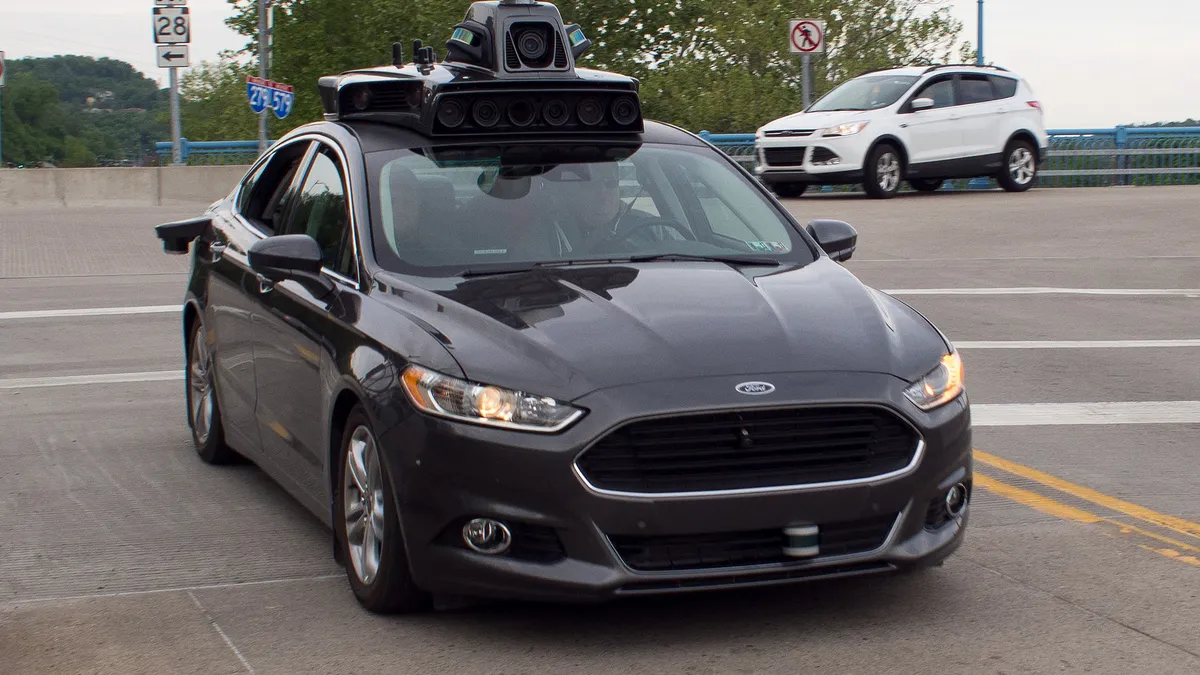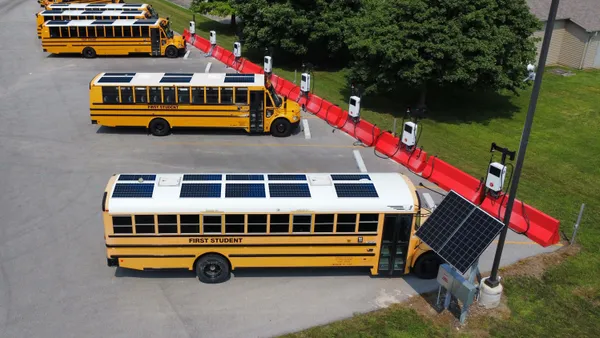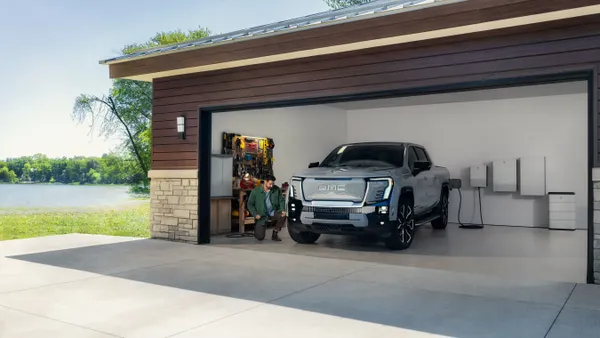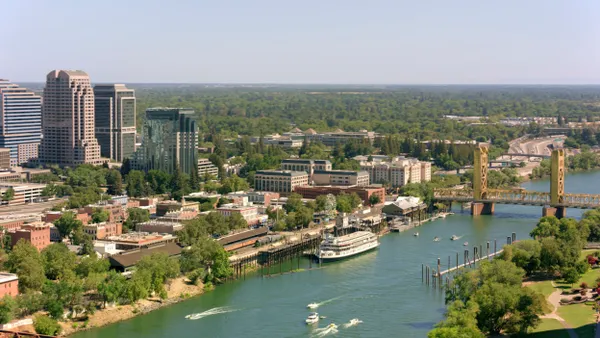Dive Brief:
- A new report from the Governor's Highway Safety Association (GHSA) cautions that there will be ongoing safety concerns as autonomous vehicles (AVs) come online, especially as they share the road with human-driven cars.
- With early AV technology that can require intervention from a human driver, the group calls for updated traffic laws to keep human attention on the road. For example, the group says states should consider laws requiring a licensed driver in every vehicle, and more training for police that may encounter traffic issues with AVs.
- Funding for the study came from State Farm and it was prepared by Jim Hedlund, a former official from the National Highway Traffic Safety Administration.
Dive Insight:
There is understandable excitement about the safety benefits of AVs to reduce the 30,000 fatalities per year from car crashes, 94% of which are linked to human error. But the GHSA report cautions that those benefits won't be fully felt in the early stages, especially as cars lean on partial automation that still requires some human control.
That has especially been brought into focus with two fatal accidents in self-driving cars: a crash in a Tesla car using the company's preliminary self-driving technology and an Uber self-driving car that struck a pedestrian in Tempe, AZ. In both cases, it appears the driver (or in Uber's case, the safety driver) was distracted while using the autonomous technology. A report from the Insurance Institute for Highway Safety, released last week, also warned that some electronic driver assist features in cars may not protect passengers without attention from drivers.
"Imperfect human drivers aren't disappearing anytime soon and even with self-driving technology, they will still be in a position to cause crashes, deaths, and injuries on our roads," said Jonathan Adkins, executive director of GHSA. "As autonomous vehicle technology advances, states still must invest in programs to prioritize safe travel behavior."
The GHSA report lays out a number of policy steps that cities and states can take to ensure a safe transition to new technology, including better training and licensing authority to register AVs. Thirty-seven states and the District of Columbia have passed laws related to AVs, but the report calls on every state to clearly review laws that could related to AV testing and partially autonomous technology on roadways to address any safety concerns. The report also says states should consider laws requiring licensed drivers, especially for partial AVs, which is something the industry has pushed back against as too restrictive to accommodate testing.










